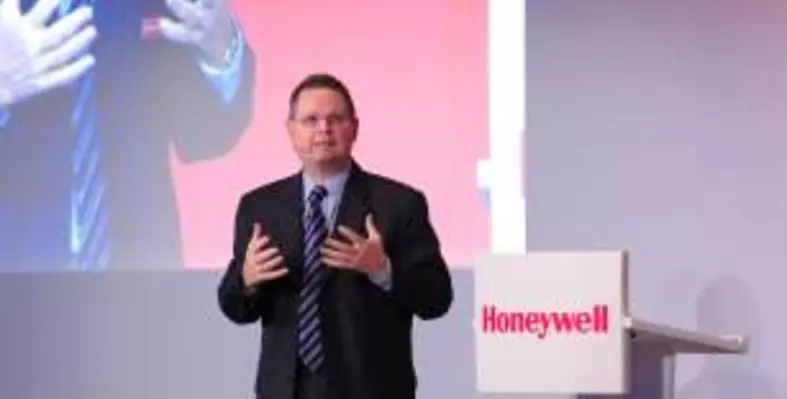Qatar is well on its way to deliver its smart cities goals in line with its National Vision 2030, and is strongly positioned to lead the way for smart buildings on a global scale, as revealed in a recent survey by Honeywell
The survey placed Doha as the overall leader for smart buildings in the Middle East.
The Honeywell Smart Building Score?, developed in partnership with researchers Nielsen and global advisors Ernst & Young, highlights Qatar?s dedication to smart and sustainable development.
Norm Gilsdorf, president for Honeywell?s Middle East, Russia and Central Asia regions, said, ?Doha has some of the smartest buildings in the Middle East, and we have found that the country?s 2030 vision and development strategy have created great momentum for smart and sustainable development.
?Qatar, as a leader for smart buildings, is a great source of best practice examples in the smart building arena and has experiences that could benefit the entire region.?
The Qatari capital scored 70 points out of a possible 100 in the study, which evaluated 620 buildings across seven major Middle Eastern cities ? Abu Dhabi, Dammam, Doha, Dubai, Jeddah, Kuwait City and Riyadh. The average score across the Middle East was 48 out of 100, with Doha scoring 22 points above the regional average.
The study evaluated a building?s use of 15 technology assets to find out which systems are in place to make the facility green, safe and productive ? the three main indicators of smart buildings. The systems? overall capabilities, coverage of the facility and uptime were then factored in.
According to Honeywell, increased investment in smart building technologies and improving integration between subsystems that manage functions such as energy usage, access control, fire safety and CCTV systems from a single point of access, are key to achieving a higher smart score.
Although 40 per cent of buildings in Doha have robust integration between subsystems, about 60 per cent were found to have limited or no system integration platforms that can help centralise facility information, streamline processes, and reduce energy and operating costs.
In addition to investment in integration technologies, the Honeywell Smart Building Score found that having strong building codes are key to increasing the ?smartness? of a city?s buildings. According to Honeywell, Doha?s high scores are also likely explained by the presence of strict building regulations and the enforcement of codes as laid out by the Global Sustainability Assessment System (GSAS), as well as early engagement among developers, designers, contractors, technology companies and end users during the building planning phases.
Qatar also leads the region because it uses internationally proven building safety codes for the approval of building blueprints, follows strict Ministry of Interior safety and security directives, and has developed leading fire and safety codes in conjunction with the National Fire Protection Association (NFPA), an international non-governmental organisation.
The Honeywell study also found that 70 per cent of surveyed building operators in the Middle East said they viewed safety as the main indicator of a smart building ? above green and productive criteria. Respondents in Doha also prioritised safety aspects, but showed a higher tendency to relate the necessity for smart, high quality buildings with the ramping up of the country?s economy, its ongoing development and its reputation in the eyes of the world.








